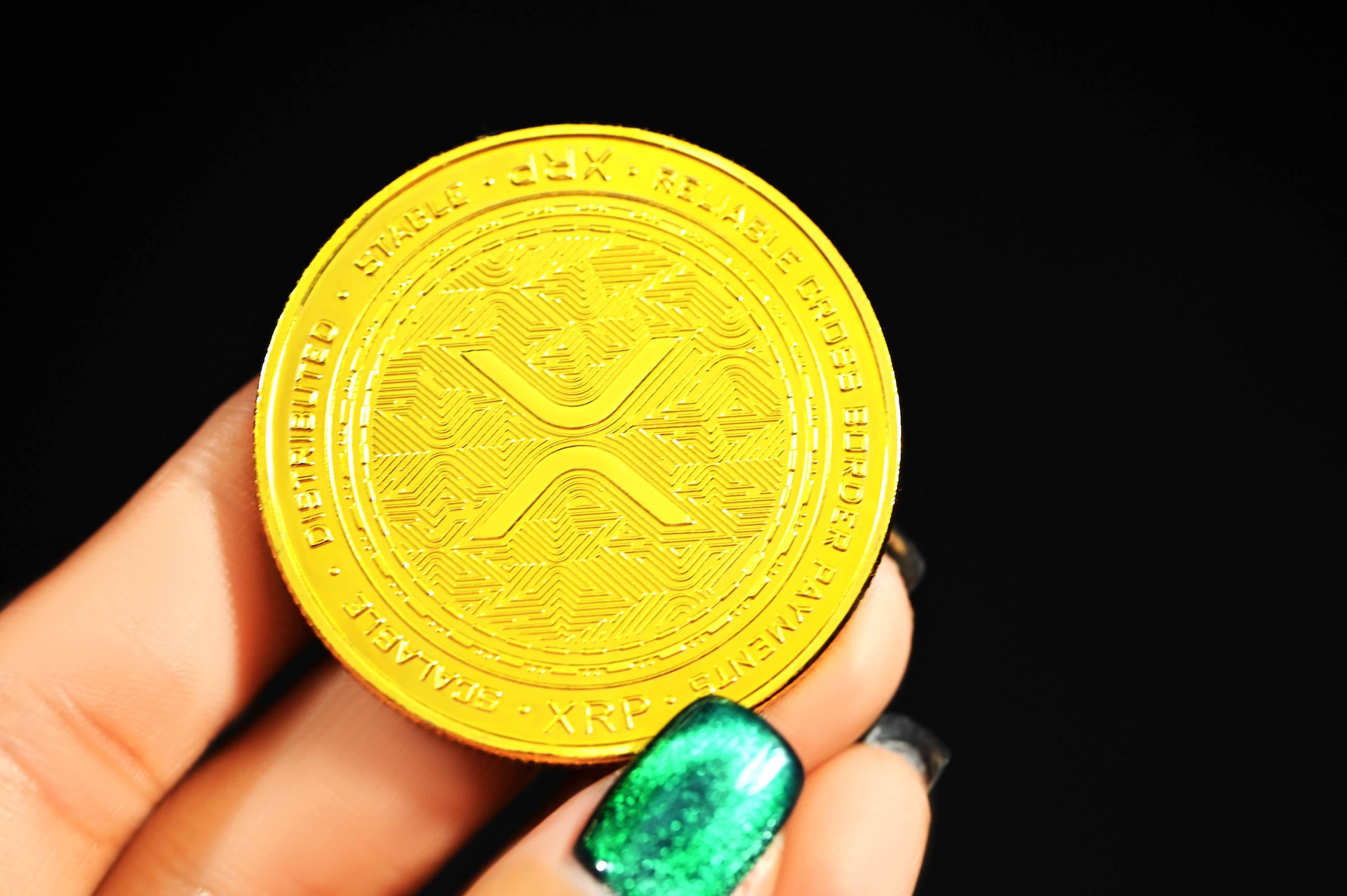In its action against Ripple Labs, the U.S. Securities and Exchange Commission (SEC) has not been able to show that the company’s XRP sales constituted investment contracts, according to Ripple Labs.
In late 2020, the SEC filed a lawsuit against Ripple for allegedly marketing XRP as unregistered securities.
In a response in support of a move for summary judgement, Ripple’s attorneys argue that the SEC has failed to demonstrate that any offer or sale of XRP, much alone every transaction between 2013 and 2020, constituted an investment contract under federal securities laws.
“The SEC has failed to meet its duty with regard to each of the three Howey factors. On the first aspect, investment of money, the SEC admits that none of the billions of XRP units delivered by the defendants constituted any investment of money…
Even for transactions involving a monetary exchange, the SEC has failed to demonstrate that buyers invested that money in a common venture, as Howey requires, as opposed to just purchasing an item.”
The Howey test refers to a U.S. Supreme Court judgement used to determine whether a transaction qualifies as an “investment contract” subject to disclosure and registration obligations under the Securities Act of 1933 and the Securities Exchange Act of 1934.
One of the important aspects of the Howey test is whether the transaction suggests an expectation of benefit from the effort of others. According to Ripple, the SEC has failed to demonstrate that XRP transactions imply such an expectation.


Comments are closed.